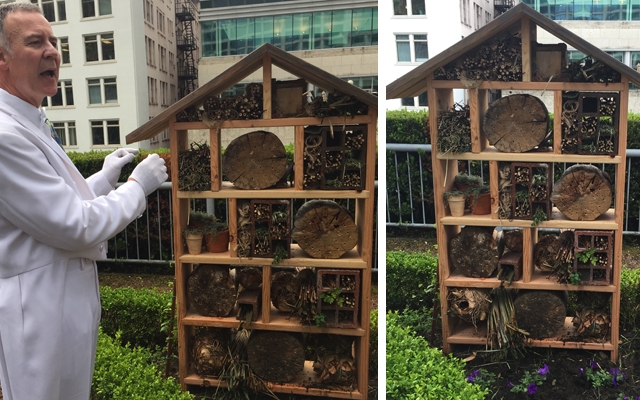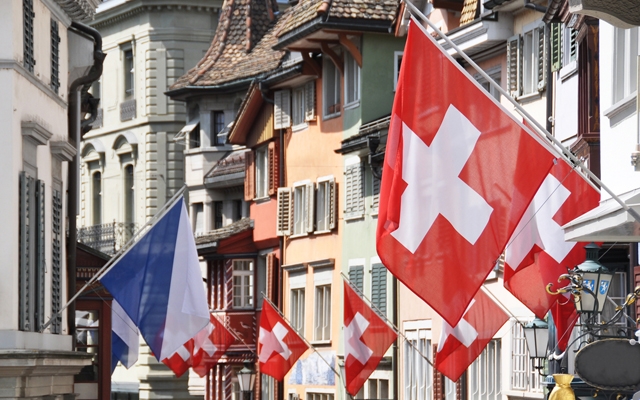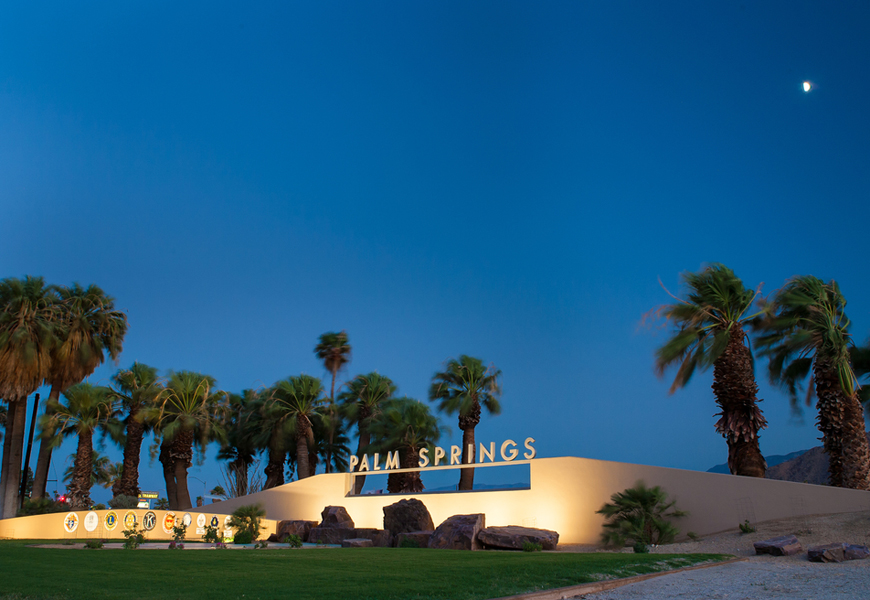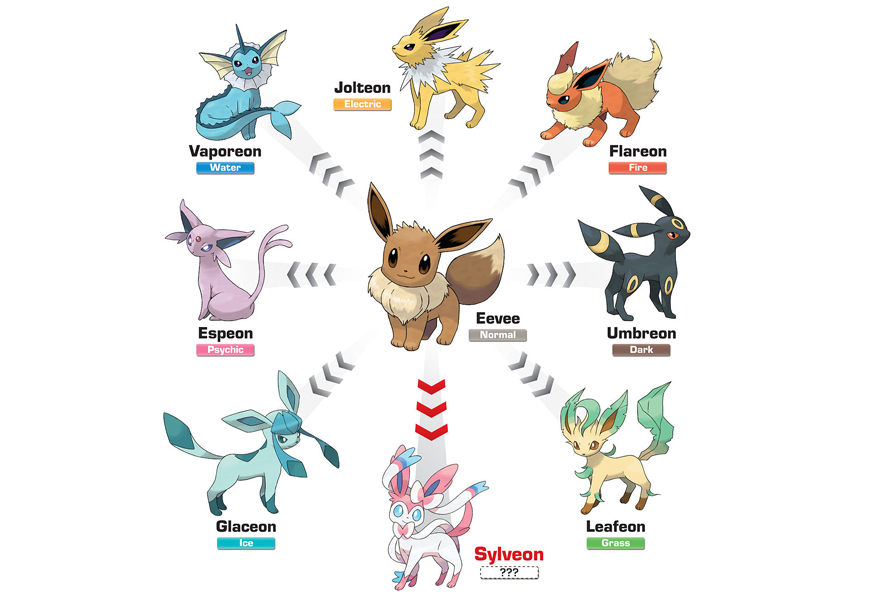Stay at nearly any hotel nowadays, and the hotel likely has green initiatives such as changing your bed linens only if you request them to, or only replacing towels you’ve left on the bathroom floor to cut down on laundering. It’s par for the course. Which makes Fairmont Hotels and Resorts Wild for Bees program in partnership with Burt’s Bees, well, the bee’s knees.
The hotel chain and Burt’s Bees (in partnership with Pollinator Partnership Canada and Sustainable.TO) have expanded their bee hotel program across the country, bringing the total number of bee hotels to 21. What’s a bee hotel? Well, solitary bees (not the honeybees most of us are more familiar with) pollinate the food we eat and they need a place to rest and nest. “And without these guests we probably wouldn’t be here and certainly not eating the foods we enjoy,” says Michael King, bee hotel concierge (yes, the bee hotel has their own concierge!) at the program’s launch this month (June is Pollinator Month) at the Fairmont Waterfront in Vancouver. “Nine years ago when we had beehives in the garden, we started something that I don’t think anyone had any idea how much traction it would generate,” he says.
Although the program was initially launched last year in Toronto, Vancouver, what with over 500 species of wild bees in the city, is the obvious spot to expand this exciting sustainability program. “And at the Fairmont Waterfront, where it all began,” notes Alexandra Blum, VP of Global PR and Partnerships for Fairmont Hotels and Resorts, Raffles and Swissotel. She stresses how important solitary bees are: “Solitary bees makeup 90 percent of the bee population and pollinate a third of the food we eat.” If you’re wondering why we need to provide hotels to these bees now, well, the bees are losing their habitat, which means they have nowhere to nest. If we do nothing to help these bees, it will even further impact our agricultural system, adds Blum. Ultimately, she hopes the hotel’s program will inspire Canadians across the country to help bees to nest, ideally until one day our cities are self-sustaining.
While that day may be far off, the new bee hotel at the Fairmont Waterfront is a step towards this sustainability goal, which was developed with help from the local non-profit Hives for Humanity, who incorporated natural elements from Vancouver into the bee hotel’s structure.
What can you do to help solitary bees? It can be as simple as leaving a pile of brush in an area where it won’t be disturbed so that solitary bees can nest in the nooks and crannies of it. Or you can build your own simple bee hotel. And you don’t have to worry about being invaded by a swarm of bees and getting stung. They tend to be docile, and solitary bees are alone, explains TK. “It’s that one female bee working to collect pollen and lay eggs and no one’s helping her, so if she stings you and dies, then it’s over. No one’s going to help her out and finish the job,” she explains. So it’s just not worth it for a solitary bee to sting you, which is why it rarely occurs.
And if you don’t have an outdoor space to host solitary bees, well, you can still help out these helpful bees. Burt’s Bees, during the Pollinator Month of June, is donating 100 percent of profits from a limited-edition kit, the aptly named Honeymoon Suite, which contains five classic Burt’s Bees products, towards the Wild for Bees hotel expansion. Pick one up for yourself and for the GF.












